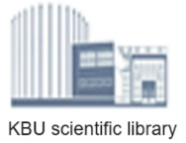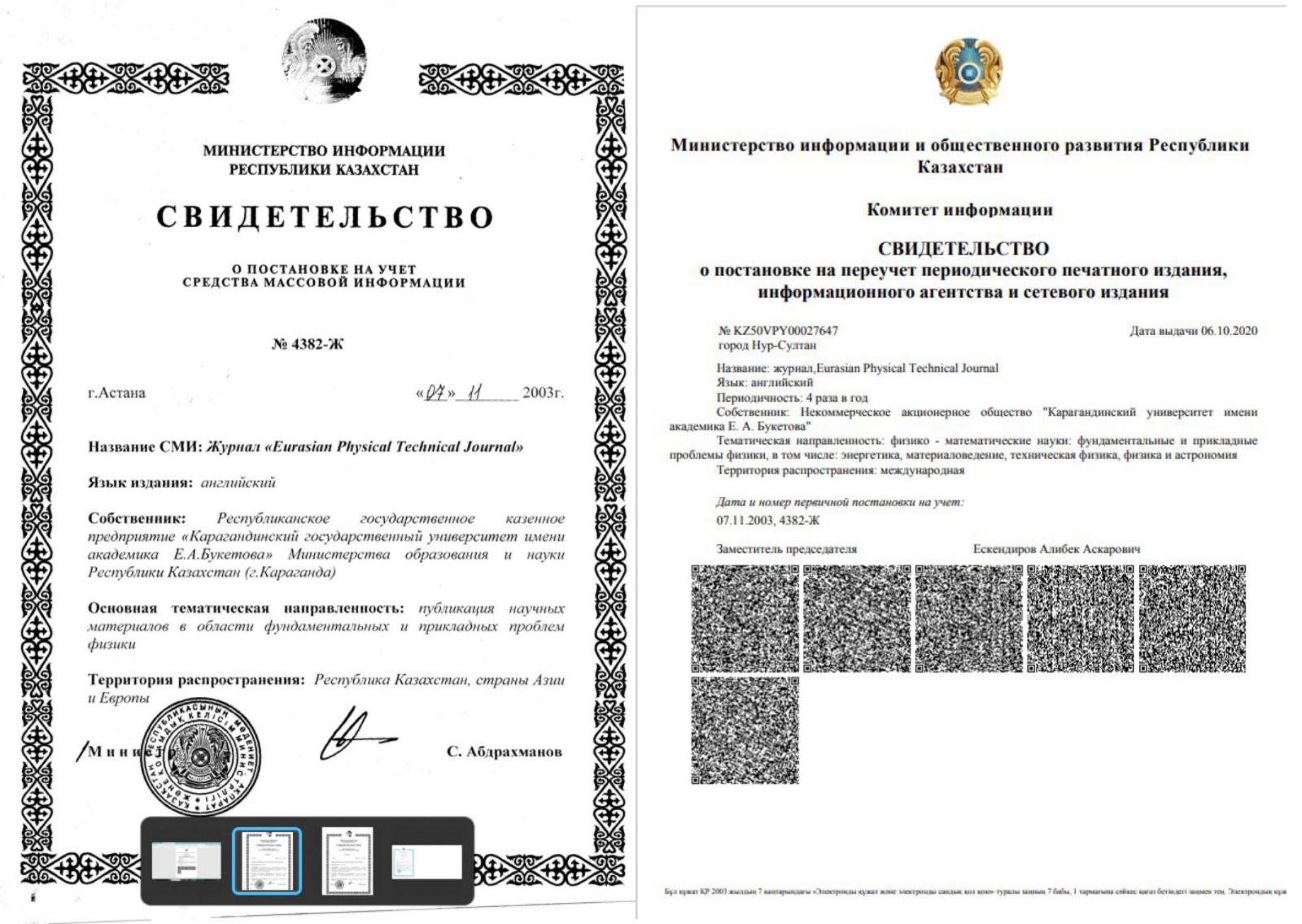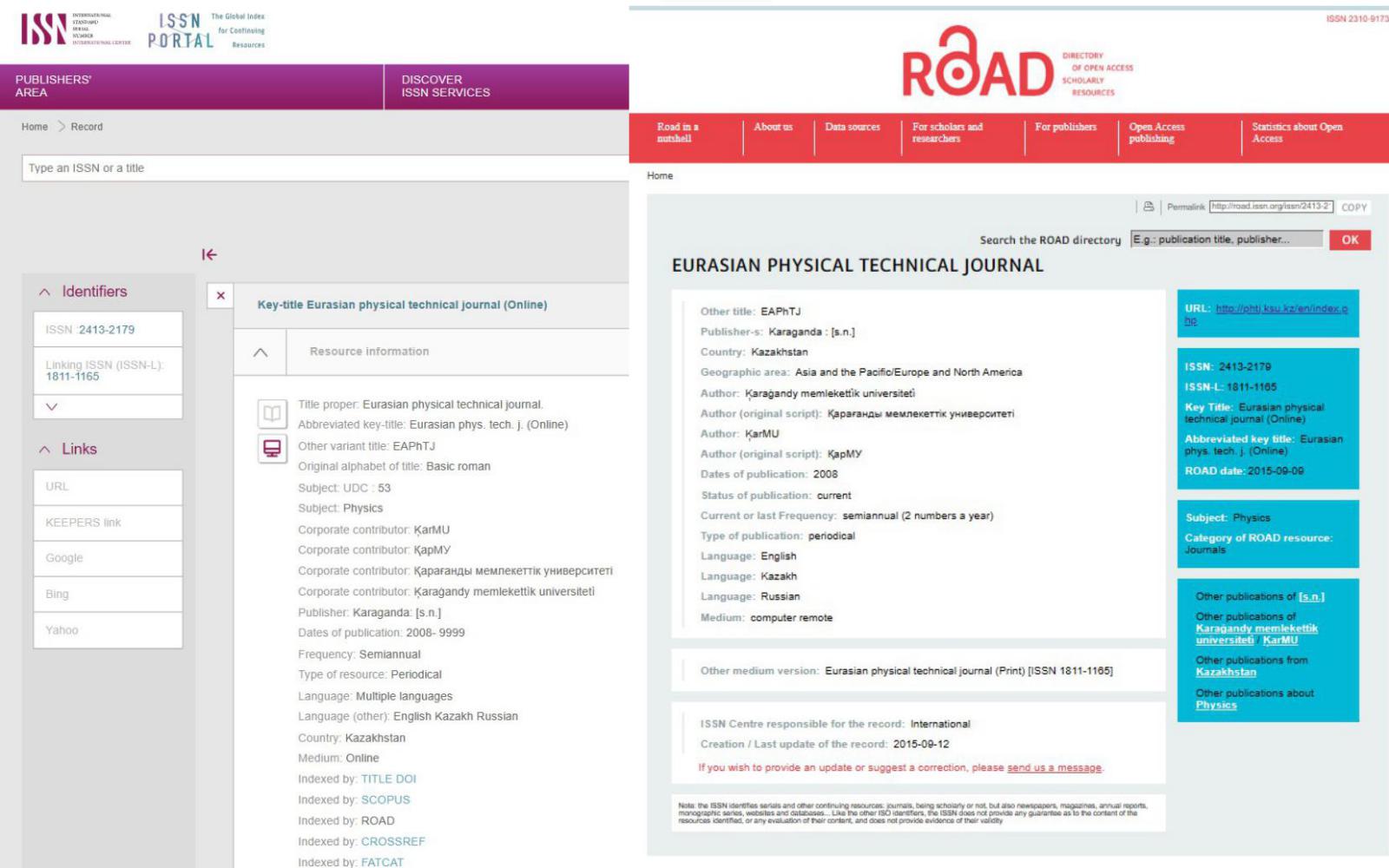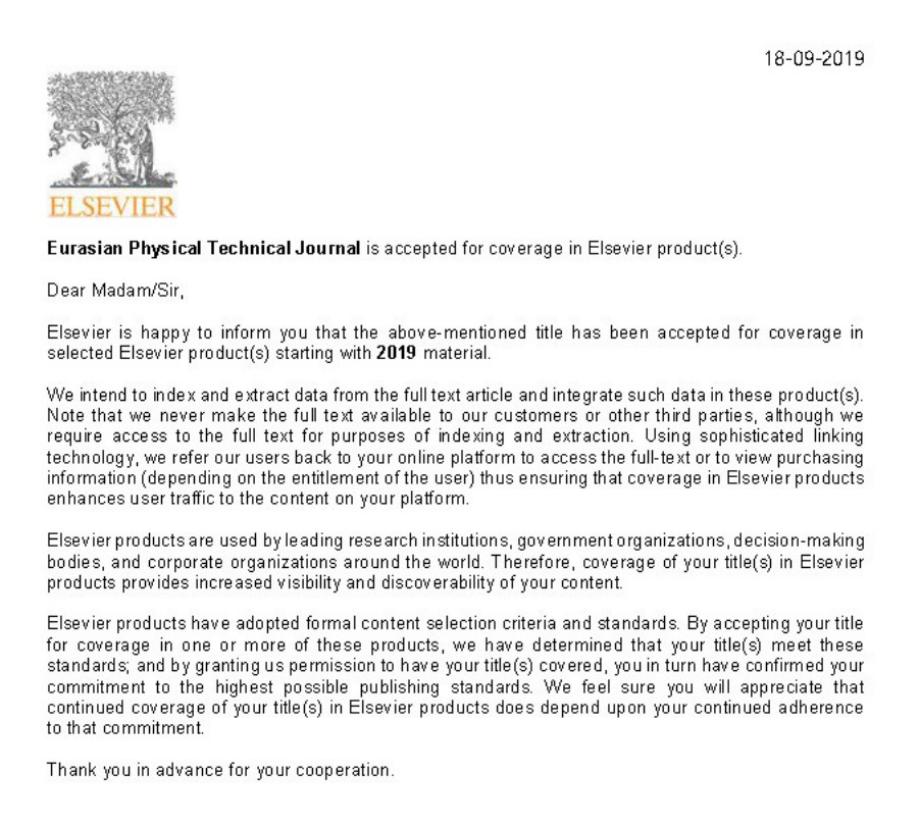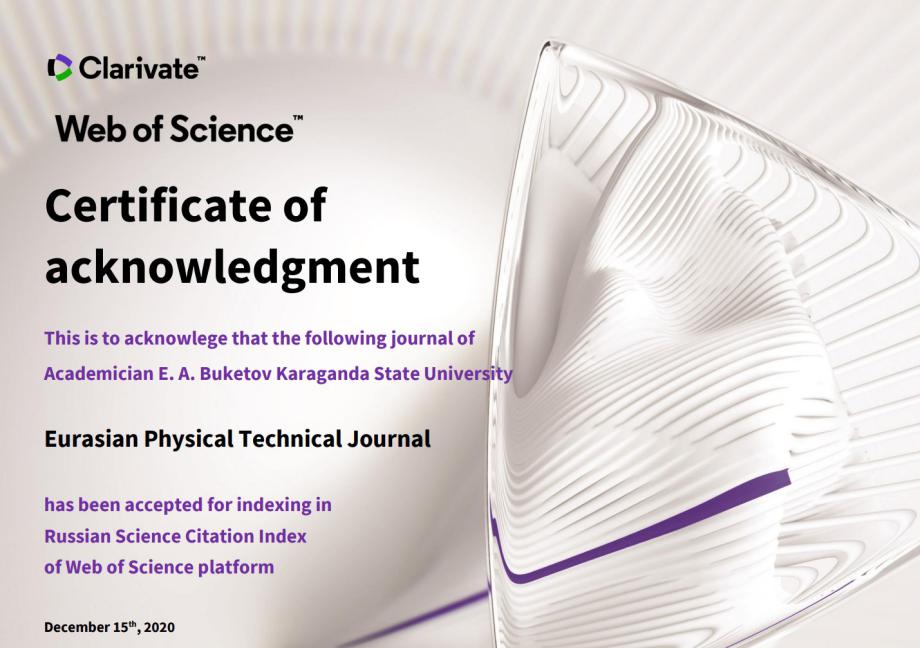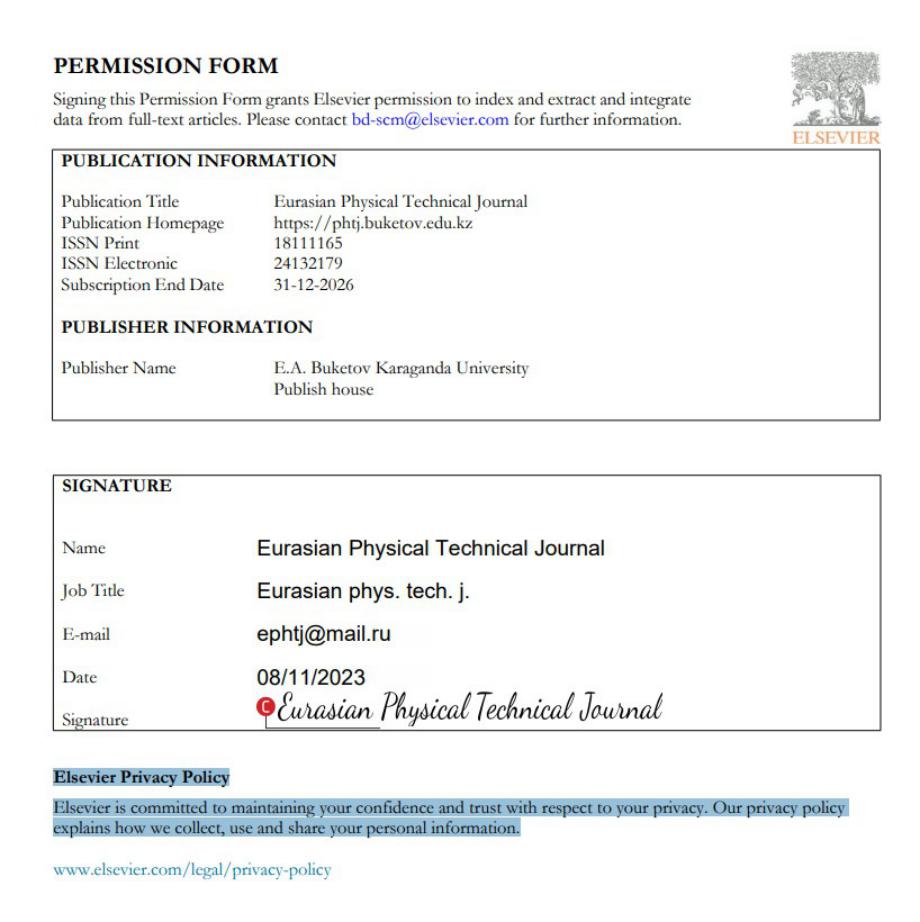"Power-generating fuel based on the processing of municipal solid waste organic components "
DOI:
https://doi.org/10.31489/2021No3/53-59Keywords:
organic fraction of municipal solid waste, bioethanol, fermentation, ethanol fermentation with alcohol yeast, renewable energy sources.Abstract
The article considers effective technologies for processing the organic fraction of solid waste, involving the use of various approaches with the concept of preserving the ecology of the environment. Biomass cannot be simply collected and burned, the authors suggest using an effective method of its processing, which will allow fuel from it. To obtain energy, biomass can be used to produce biogas or liquid biofuels using various technological processes, for example, by fermentation. They, in turn, can be converted into electricity and heat, through combustion or the creation of fuel cells or used as fuel for motor vehicles. The purpose of this article is to use alternative methods, such as pretreatment of the organic fraction of municipal solid waste, ethanol fermentation with alcohol yeast, and anaerobic digestion are attracting increased attention. Using these methods, a liquid with alcohol-containing substances has been obtained from 1.5 kg of the organic fraction of municipal solid waste, in which the percentage of ethyl alcohol was 97.5%. Therefore, organic municipal solid waste can be a promising source of fuel in modern energy.
References
"1 Kim S., Dale B.E. Global potential bioethanol production from wasted crops andcrop residues. Biomass Bioenergy. 2004, Vol. 26 (4), pp. 361–375.
Reijnders L. Ethanol production from crop residues and soil organic carbon. 2008, 658 p.
Sarkar, N., Ghosh, S.K., Bannerjee, S., Aikat, K. Bioethanol production from agricultural wastes: an overview. Renewable Energy/ 2021, No. 37 (1), pp. 19–27.
Ma, Y., Cai, W., Liu, Y., 2017a. An integrated engineering system for maximizing bioenergy production from food waste. Appl. Energy. 2017, 206 (C), pp. 83–89.
Yan, S., Li, J., Chen, X., Wu, J., Wang, P., Ye, J., Yao, J. Enzymatical hydrolysis of food waste and ethanol production from the hydrolysate. Renewable Energy. 2001, No. 36 (4), pp. 1259 – 1265.
Nozhevnikova A.N. Biotechnology and microbiology of anaerobic digestion of organic household waste. 2016, 320 p.
Alavi Moghadam M.R., Mokhtarani N., Mokhtarani B. Municipal solid waste management in Rasht City. Iran. Waste Manage. 29 (1), 2009, 485–489 p.
Sharholy M., Ahmad K., Vaishya R., Gupta R. Municipal solid waste characteristics and management in Allahabad, India. Waste Manage. 2007, No. 27 (4), pp. 490–496.
Talyan V., Dahiy R., Sreekrishnan T. State of municipal solid waste management in Delhi, the capital of India. Waste Manage. 2008, No. 28 (7), pp. 1276 – 1287.
Yousuf T.B., Rahman M., Monitoring quantity and characteristics of municipal solid waste in Dhaka City. Environ. Monit. Assess. 2007, No. 135 (1), pp. 3–11.
Taherzadeh M.J., Karimi K., Pretreatment of lignocellulosic wastes to improve ethanol and biogas production: a review. Int. J. Mol. Sci. 9, 2008, pp. 1621 - 1651.
Komilov O.S., Sharipov M.Z., Tilloev L.I., Majidov J.A., Autonomous biogas installation with solar heating system. Eurasian Physical Technical Journal, Vol.15, No. 1(29), 2018, 82-85 p.
Mahmoodia P., Karimi K., Taherzadeh M.J. Hydrothermal processing as pretreatment for efficient production of ethanol and biogas from municipal solid waste. Bioresource Technology. 2018, Vol. 261, pp. 166-175.
"


